Back in the Stone Age of 1985, I watched a Twilight Zone episode that frightened the daylights out of me. In this episode, “Wordplay,” Bill, a medical supply salesman, stays up late to memorize a new product catalog full of new and unfamiliar items and terms. When he wakes up the next morning, his world has shifted as the meaning of words has changed. What once meant “lunch” now means “dinosaur.” And anniversary meant “throw rug.” The chaos accelerates until at the end of the show, Bill must relearn the language spoken around him by using a children’s alphabet book. The primer being with the picture of a dog paired with the word “Wednesday.”
Of course, that’s fantasy—can you imagine if this happened in real life? There would be chaos and division all around us if words that formerly held a common meaning shared among a variety of people took on new and different meanings without forewarning. People could no longer hold down jobs or speak a word they were confident about without wondering what others really heard. Or understood.
I’m afraid this has already happened, and because it’s happened gradually over time, we didn’t recognize that the words we use to represent similar concepts and ideas now mean different things to different people. We still call lunch “lunch” and think of dinosaurs when we think of Jurassic Park, but other words have splintered with only a few people noticing.

As a writer and communicator, words and their meaning are my stock-in-trade. When I’m unable to connect with clients because we have new or different definitions for the same words, I can grow anxious that my business will be imperiled.
What brought all of this to mind was a recent conversation I had with a friend about the conflict in this country between many white people and Black, Indigenous, and People of Color about what the words “systemic racism,” “critical race theory,” and “white privilege” mean. As a progressive white man, I’ve come to a set of concepts that inform my understanding of the words and phrases.
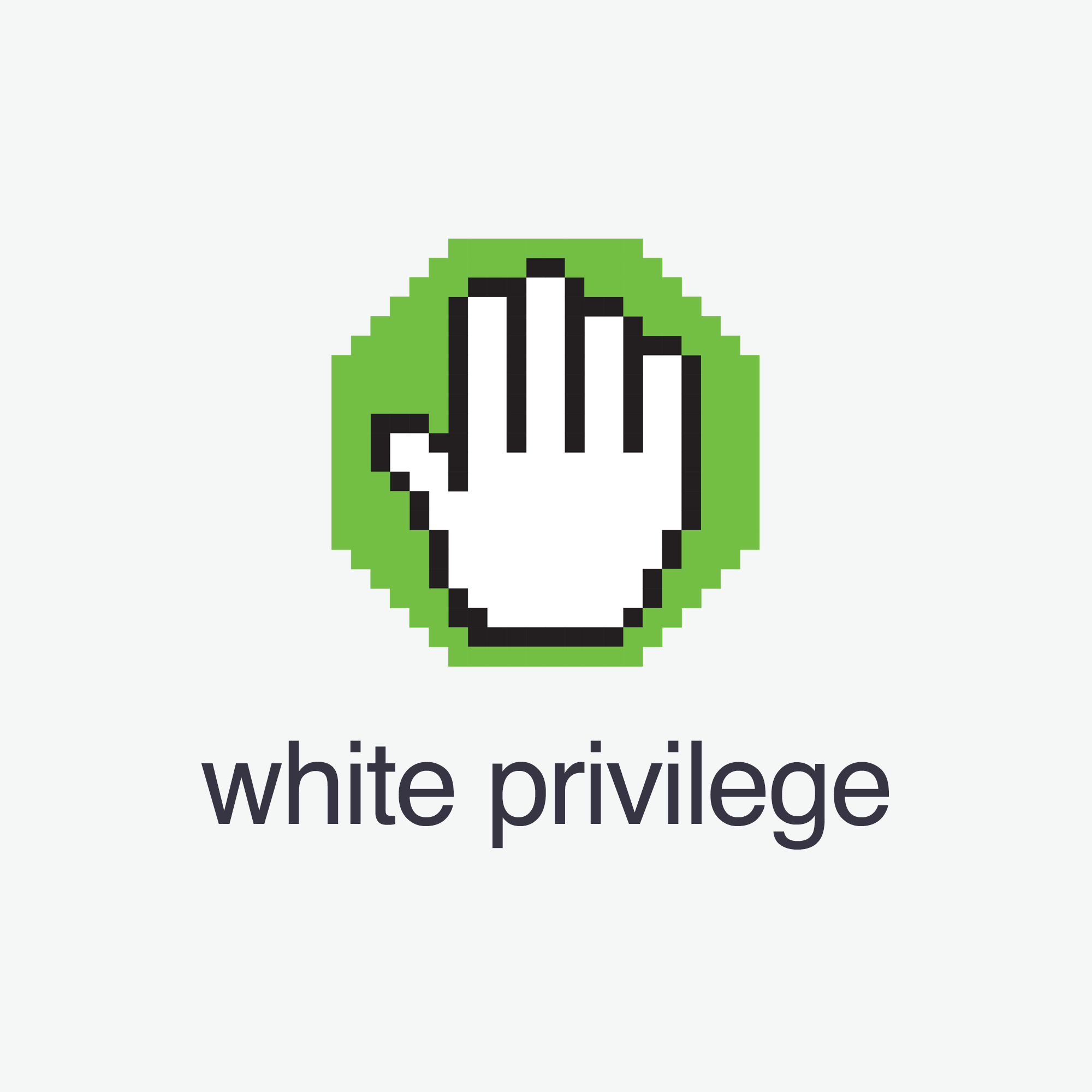
“Systemic racism” holds that one race is gifted with desirable attributes and abilities absent in others. Conversely, other races are inherently prone to having less desirable attributes, thus making them less valued. “Critical race theory” explains how post-1960s Civil Rights era legislation which eradicated the likes of Jim Crow laws and discrimination was circumvented by new systems that resurrected Jim Crow in new forms to accomplish the same goals. And “white privilege” is the race-based merit system that rewards white people with access, benefits, and protections that are denied Black, Indigenous, and People of Color.
To me, these are neutral, non-shaming terms that describe situations and point no fingers at any one individual. When people of all colors describe themselves and society as they actually are, as objectively as possible, it is generally a good thing. This typically doesn’t require that we pick a villain and a victim. But when we look at the history of American systems that have perpetuated racism, oppression, and marginalization of our BIPOC, it’s much more difficult because we clearly identify with either the oppressors or the oppressed, causing conflicting responses.
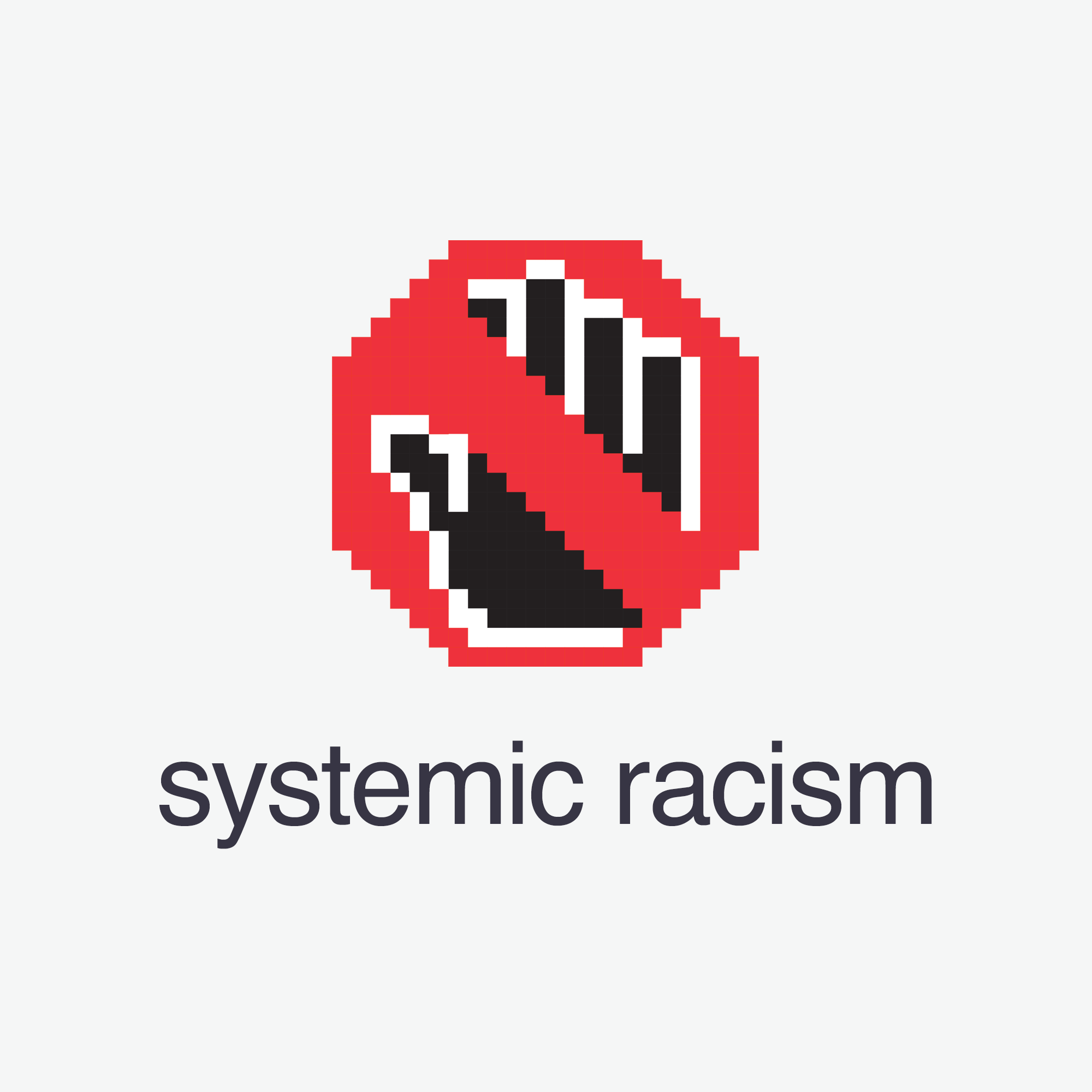
By assigning, accepting, or rejecting culpability, words cease to be neutral, and definitions that were once agreed upon take on more emotionally charged or biased meanings. When I have discussions with white Evangelical Christians who hold views that conflict with mine, there isn’t a mutual desire to understand one another’s terms, and there’s rarely a desire to listen. They’ve already decided that systemic racism was done away with after the Civil Rights Era-legislation was passed, or that Critical Race Theory is simply a Marxist-Communist-Socialist mash-up, or that white privilege is imaginary because “ . . . white people have to struggle, too. And don’t get handouts.”
I’m finding that, try as I might, I can’t convince people to look at the words and think about what they mean. Pundits, religious leaders, and conspiracy theorists have mandated what the words mean, and that is now what those words mean—for them as well. We no longer share a common language or frame of reference, and we are left with the disastrous result that we are using words in our conversations with each other that sound the same, but are almost polar opposites in meaning.

We can’t have significant discussions because at every moment we find ourselves asking, “What do you mean by this word you just used or the symbol you just referred to?” (Or worse yet, not asking and assuming we know.) When you think of it, there are several reasons for the fracturing of our language as well as society. We have become split apart in our national community due to an increased awareness that people do not experience the world the same way—and that’s okay. Voices that were once overlooked or intentionally omitted have a seat at the table and are making their concerns known. The problem is that due to longstanding grievances, we no longer listen to one another, nor do we seek to understand.
Perhaps, what we need is not an entrenched reaction of simply speaking louder, steamrolling one another, or demanding that our way is right and there’s no room for discussion. Perhaps what we need is a willingness to listen with the intent to better understand one another in an environment that is safe, non-threatening, and non-abusive so that we can then afford one another the opportunity to explain the concept behind the words they are using.
The goal isn’t to make people see things our way because of the words we use. The goal is that we can better understand communicated concepts successfully. If we have to use a different set of words to convey those ideas because the once-shared terms have become corrupted to mean something else entirely, then that’s what we should do.
After all, we don’t want to wake up someday and realize that we have lost the ability to speak intelligently—and listen intently—to one another.






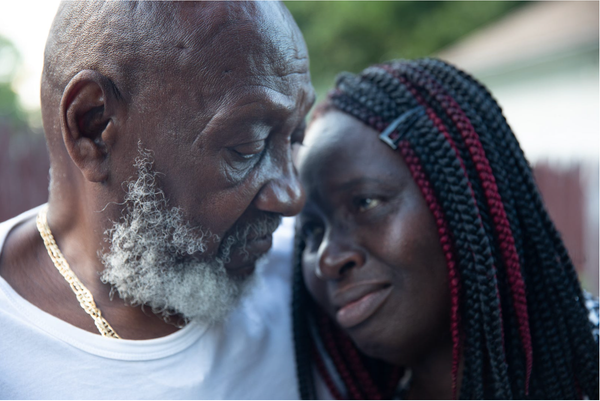


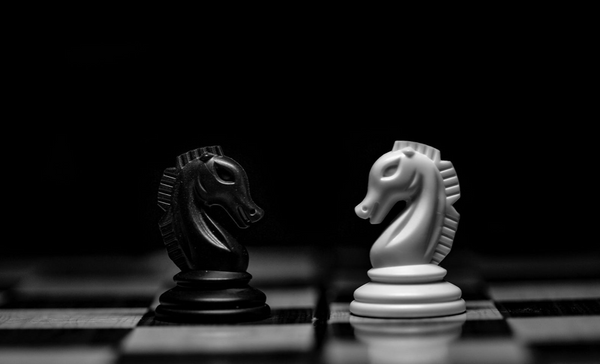

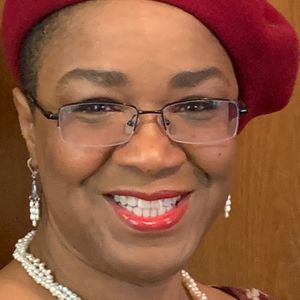
Member discussion